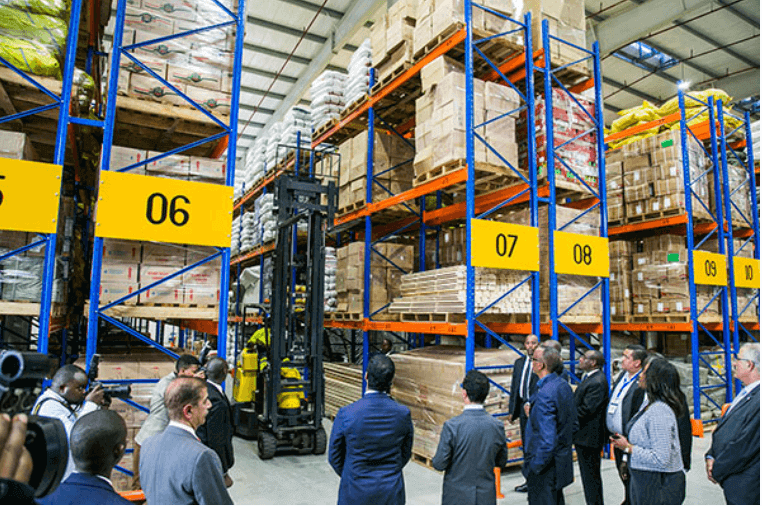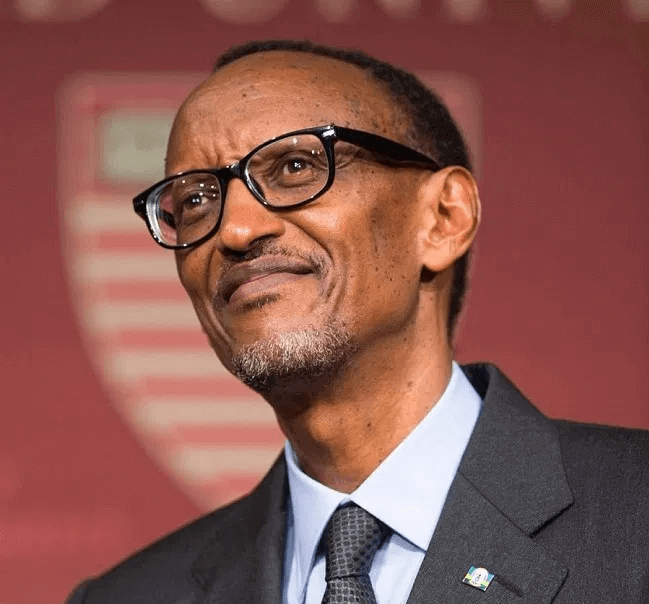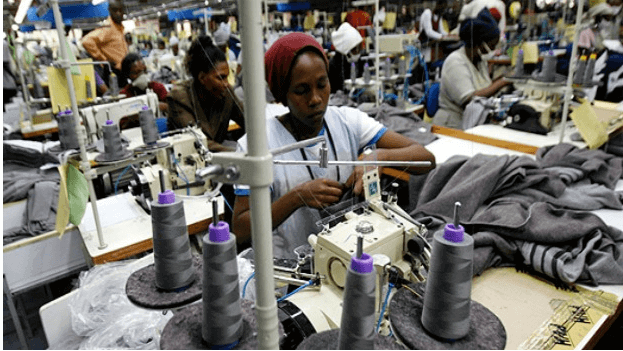The first passenger cruise ship of 2019 docked at the Port of Mombasa’s new world class cruise ship terminal today, Sunday 3rd November 2019. She (Ms Albatros cruise ship) has 400 tourists on board and 300 crew members. The tourists will then proceed to excursions in Maasai Mara Tsavo National Part, Simba hills and Mombasa city. The terminal was constructed with contributions from Kenya Ports Authority (KPA) and the Finish Embassy in Kenya, which contributed funding through TradeMark Africa (TMA). The terminal is currently 96.5% complete; with practical handover expected to take place in the next two weeks. The completion comes in time for the cruise season during the festive period. TMA and KPA agreed to upgrade the old passenger terminal, which was first constructed in the 1920’s; and was initially designed for storage of conventional cargo. It was later converted as a cruise terminal in 1960s. The key driver of the intervention was a need to provide safety for passengers and a modern facility that’s in line with the changing shipping technology; that’s now dominated by mega ships with high carrying capacity and depths. This would therefore, position Kenya as a passenger destination via sea, and support its agenda to increase tourism. Port of Mombasa is one of the busiest Ports along the East African coastline. The fact that it provides direct connectivity to over 80 Ports worldwide makes the terminal an economic logic and critical node in increasing tourism in the region. Additionally, and obviously, the old terminal...
Major Boost For Tourism Industry As Over 400 Tourists Arrive In Mombasa On board MS Albatros
Posted on: October 31, 2019
Posted on: October 31, 2019



















